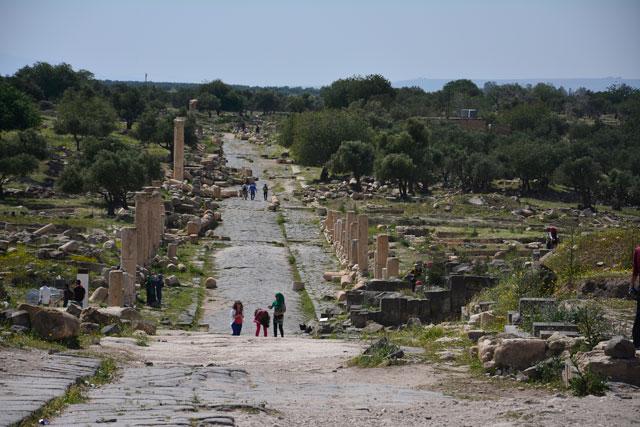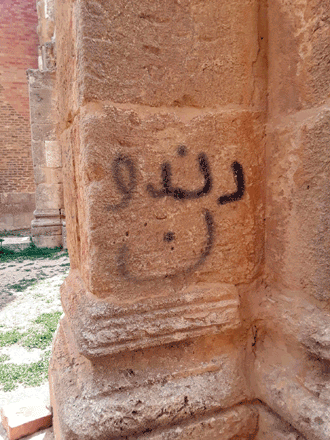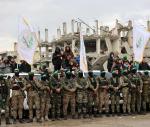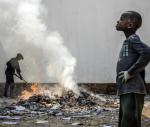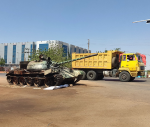You are here
Safeguarding heritage ‘a national duty’ — Jordanian archaeologist
By Saeb Rawashdeh - Jul 19,2020 - Last updated at Jul 19,2020
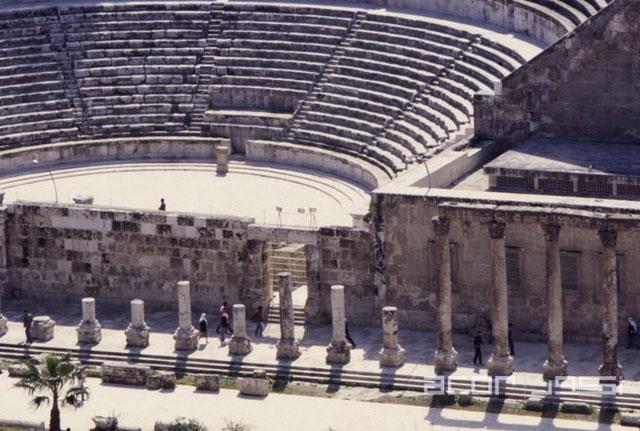
A view of the Roman Theatre in downtown Amman (Photo courtesy of ACOR/Rami G. Khoury)
AMMAN — Located on a land bridge between Africa and Asia, the Levantine corridor, and consequently Jordan, became a homeland to many cultures and civilisations, starting from hunter gatherers to the first sedentary communities in the Jordan Valley, according to a Jordanian archaeologist.
“Safeguarding this extremely rich heritage was entrusted to highly specialised public department namely the Department of Antiquities (DoA) by the Antiquities Law since 1922,” said Mohammad Najjar, adding that this makes the DoA one of the first public departments to be established in Jordan.
The mission of the DoA “was and remains the protection of the archaeological heritage” through identification, research and protection. Sometimes protection can even take the form of backfilling and restricting the access to the sites, Najjar told The Jordan Times in a recent e-mail interview.
Regarding the role of the Ministry of Tourism and Antiquities, Najjar said: “The mission of the Ministry of Tourism is opening up the sites and making them accessible for visitors through developing infrastructure.”
The two institutions should remain separated, Najjar said, adding that “both sides are right when they seek to fulfil their mission”.
However, “if the ministry would have the final say it would break this natural balance and endanger sites that are not ready to be opened to the public”, the scholar noted.
“Jordanian authorities, since the establishment of the Emirate of Transjordan in the early 1920s, have realised the great significance of Jordan’s archaeological heritage and a body that developed later into the Department of Antiquities had been established to safeguard this heritage,” Najjar underlined, adding that back in 1922, the first archaeological works took place in Amman in the Roman theatre.
Despite academic and financial constraints, the DoA, with the help of many non-Jordanian archaeological missions and centres, has managed to keep up with international standards of archaeological investigations and publications. “The DoA’s annual report (ADAJ) is considered one of the most respected publications in the Arab World,” he said.
Additionally to promote scientific research, a tri-annual conference on archaeology and history of Jordan is being held since 1980 under the patronage of HRH Hassan, Najjar said.
“Heritage had a hierarchy of values, which includes economic, social, educational, scientific, cultural and religious values,” the scholar said.
“Safeguarding heritage is a national task that should be taken care of by all Jordanians. What is needed on the eve of celebrating the centurial of the DoA in 2022 is to strengthen its role and to raise its capacities in salvaging Jordan’s archaeological heritage,” Najjar concluded.
Related Articles
AMMAN — In addition to authorities’ efforts to conserve antiquities and archaeological sites, public awareness and people’s commitment to co
AMMAN — Desert palaces, and Qasr Mushatta among them, represent the jewel of the early Islamic art and architecture, noted Jordanian archaeo
AMMAN — Archaeology, not only in the Middle East but in the whole world, is “under the greatest threat”, said Director of Endangered Archaeo


